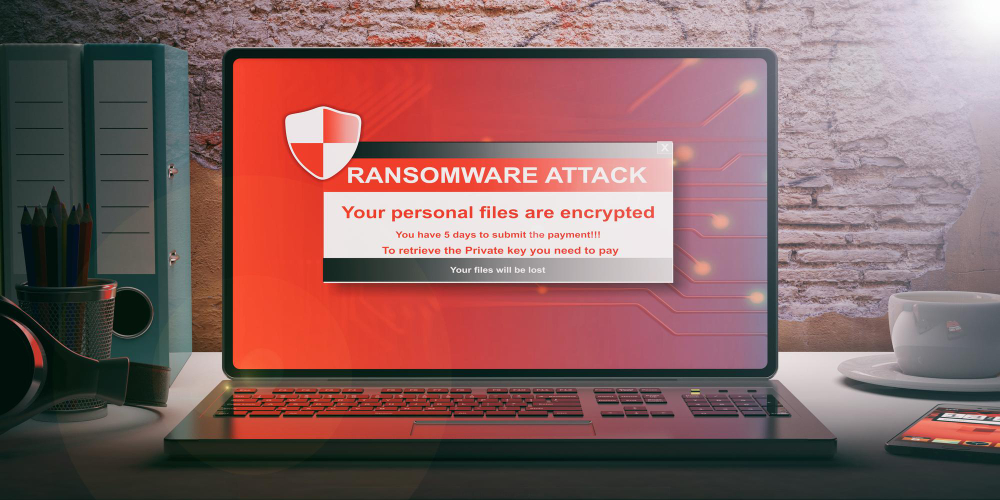Remote File Inclusion (RFI) is a common web application vulnerability that can leave your server exposed to various malicious activities.
By exploiting flaws in PHP code or HTTP requests, an attacker could manipulate input parameters to include remote files, leading to potential code execution or data theft. Understanding how RFI and similar attacks work is key to safeguarding your systems and protecting sensitive information.
Read more to uncover the risks of remote file inclusion and how to protect your applications from this file inclusion attack!
What is Remote File Inclusion?

Remote File Inclusion (RFI) is a file inclusion attack where an attacker exploits a vulnerable web application to include remote files on a web server. This happens when PHP code or similar scripts load files based on input parameters, allowing attackers to manipulate the URL or HTTP request to execute external scripts.
This vulnerability can lead to data breaches, arbitrary code execution, or full system takeover.
Recent Verizon research shows that web application attacks contribute to 26% of all breaches, making them the second most common attack type. To avoid contributing to these statistics, it’s important to understand this attack better.
How Does Remote File Inclusion Work?

Remote File Inclusion (RFI) works by exploiting a web application’s need to include files from external sources, often through vulnerable PHP code. When user inputs, like a URL, are not properly sanitized, attackers can inject a snippet of malicious code hosted on a remote server.
Unlike Local File Inclusion (LFI), which accesses files on the server and often involves directory traversal to navigate directories and manipulate file paths, RFI does not lead to directory traversal.
This is because RFI includes the file by URL rather than by a local path or filename, allowing attackers to execute harmful scripts directly from a remote source.
The Differences between RFI and LFI

Local File Inclusion (LFI) and Remote File Inclusion (RFI) are file inclusion vulnerabilities, but they differ in execution.
RFI vulnerabilities occur when an application includes a file from an external URL. An attacker can include malicious code via unsanitized PHP code with a remote inclusion, leading to remote code execution or installing a backdoor. This vulnerability occurs because the input is not properly sanitized, allowing malicious users to inject harmful files.
In contrast, LFI involves manipulating file names and locations to access local files already on the server. This often leads to directory traversal, where attackers explore the server’s directories to execute or steal source code.
Unlike RFI, LFI does not rely on remote URLs but abuses local execution permissions.
Potential Consequences of Remote File Inclusion Attacks

A remote file inclusion attack can lead to several escalating cyberattacks, each with serious potential consequences:
- Backdoor: An attacker can use a remote file inclusion vulnerability to insert a malicious file that creates a backdoor on the server. This allows an attacker continuous access, enabling them to manipulate file names and locations, execute arbitrary code, and further exploit the system.
- Sensitive Data Theft: With a backdoor, attackers can easily steal sensitive data from the compromised server, including personal information, credentials, and financial details, causing significant damage.
- Ransomware: Attackers may deploy ransomware, encrypting the server’s data and demanding a ransom payment for data release.
- Cryptocurrency Mining: A compromised server can also be hijacked for cryptocurrency mining, where attackers use the server’s resources to mine digital currencies, slowing down the system and increasing operational costs.
Finding and Preventing RFI Vulnerabilities

To detect and prevent a remote file inclusion vulnerability, it’s crucial to understand how these file inclusion vulnerabilities can lead to remote code execution.
To find it, use a vulnerability scanner like Acunetix and perform manual penetration testing to detect RFI vulnerabilities. Look for scenarios where PHP code or scripts dynamically load file names and locations without checks.
Meanwhile, you can do these steps to prevent it:
- Input Validation: Ensure inputs are properly sanitized. Never trust user input; use a whitelist to control which files may be included.
- Configure Execution Permissions: Restrict execution permissions to prevent an attacker from including a malicious file that may lead to remote code execution or a backdoor.
- Filter and Encoding: Implement strict filter rules and encoding to prevent bypasses.
- Secure Configuration: Properly configure the server and avoid using the include function without strict controls.
- Regular Testing: Regular use of a vulnerability scanner and manual penetration testing are effective methods to identify and fix weaknesses.
Following these steps helps prevent remote file inclusion attacks and avoids severe potential consequences like theft or system compromise.
Frequently Asked Questions
How dangerous is RFI?
How do you remotely access a file?
What is the main advantage of remote file access?
Conclusion
Remote file inclusion is a critical web vulnerability that can result in severe issues like remote code execution, data breaches, and full system compromise. Knowing how to detect and prevent these RFI vulnerabilities is key to keeping your applications safe.
Have you taken the necessary steps to secure your web applications from such attacks? Effective measures include proper input validation, regular use of vulnerability scanners, and thorough manual testing.
For expert help in protecting your systems from remote file inclusion and other security risks, contact Fluxgate today for professional support and tailored solutions.
